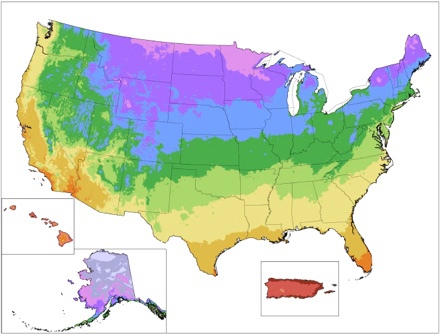Product Details
Highlights
Haworthia cuspidata (Haworth): Bright green rosette of thick and fleshy leaves. The leaves are marked by a mottling of translucent "leaf windows" that let sunlight in and help the plant tolerate low light conditions. It can grow large if its offsets are removed and the mother plant has room to spread. The authenticity of this species is debated by botanists, with some arguing that it is an intermediate between H. cymbiformis and H. retusa. This plant is fully rooted in a 3.5" round plastic pot.
Haworthia are able to tolerate low, indoor light, making them excellent houseplants, even for beginners. They are particularly easy to grow and rarely affected by common succulent pests and diseases. Strong, drought-tolerant roots will grow if they have great drainage and infrequent water. Pick deep containers with drainage holes and a gritty, well-draining soil that is 50% to 70% mineral grit (coarse sand, pumice, or perlite). Water deeply enough for water to run out the drainage hole and allow the soil to completely dry before watering again.
This genus tolerates high heat by slowing down and eventually going dormant in the peak of summer. This means that, unlike other succulents, it is important not to over-water or fertilize during summer dormancy and water a bit more frequently in the winter growing season. Haworthia are slow growers and tend to stay small in pots, but they will produce new offsets in clumps around their bases. These offsets can be left to develop into a dense clump or pulled off and transplanted.
Product Size
3.5" Pot
Current Primary Color
Green
Bloom Color
White Bloom
Grow Zone (Hardiness)
Zone 10 (30F)
Recommended Light Conditions
Filtered / Partial Sun
Recommended Light Conditions
Low Indoor Light
Maximum Height
3"-5"
Maximum Rosette Size
5"-6"
Growth Habit / Shape
Loose Rosette
Seasonality
Summer Dormant Partial
Special Characteristic
Hard to Kill
Special Characteristic
Slow Grower
Special Characteristic
Pet Safe

THIS PLANT IS HARDY IN ZONES 10+
WHAT IS MY HARDINESS ZONE?

![Haworthia cuspidata [large] - May](https://cdn11.bigcommerce.com/s-oqm1pc/images/stencil/631x631/products/3185/25164/haw_cuspidata_large2__31303.1685657513.jpg?c=3)
![Haworthia cuspidata [large] - May](https://cdn11.bigcommerce.com/s-oqm1pc/images/stencil/631x631/products/3185/25165/haw_cuspidata_large__91522.1685657514.jpg?c=3)


![Haworthia cuspidata [large] - May Haworthia cuspidata [large] - May](https://cdn11.bigcommerce.com/s-oqm1pc/images/stencil/128x128/products/3185/25164/haw_cuspidata_large2__31303.1685657513.jpg?c=3)
![Haworthia cuspidata [large] - May Haworthia cuspidata [large] - May](https://cdn11.bigcommerce.com/s-oqm1pc/images/stencil/128x128/products/3185/25165/haw_cuspidata_large__91522.1685657514.jpg?c=3)









